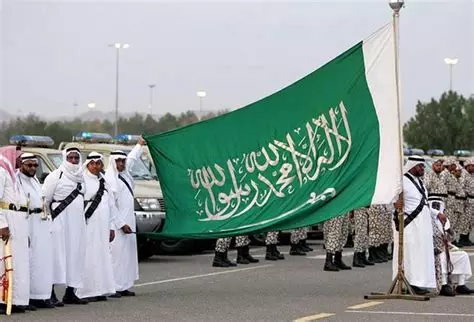Within three days, Saudi authorities executed 17 individuals, the majority of them foreign nationals accused of drug trafficking. More than a judicial act, this is an authoritarian statement from Crown Prince Mohammed bin Salman.
On August 4, 2025, two Saudi citizens were executed in Mecca for terrorism-related charges. These executions followed the killing of 15 others over the weekend, bringing the total to 17 within 72 hours. The “executions in Saudi Arabia” comes into full view here: a nation flexing its punitive muscle.
Most of those executed, 13 of the 15 over the weekend, were foreigners, convicted of smuggling hashish or cannabis. Another was sentenced for trafficking cocaine. The kingdom enforces its war on drugs with uncompromising rigor, a campaign reignited since late 2022.
Fear as Strategy Amid Regional Chaos
This return to maximalist penal policies is far from random. In 2022, Saudi Arabia drew international outrage after executing 81 prisoners in a single day. Since then, Riyadh has seemed to challenge Western diplomatic sensitivities head-on, asserting full judicial sovereignty in an increasingly unstable region. By doubling down on the death penalty, Saudi Arabia brushes aside moralistic finger-wagging from Western capitals.
According to AFP figures, 239 people have been executed since January 2025, 161 of them for drug-related offenses. This signals a clear acceleration compared to 2024, which recorded 338 executions, and reflects a calculated terror-by-law strategy.
Jeed Basyouni of the human rights group Reprieve called the trend “particularly troubling in a global context increasingly leaning toward decriminalization of cannabis.” But Saudi Arabia isn’t following Western trends, it’s tightening the leash on internal decay.
Captagon: The Regime’s Moral Line in the Sand
The United Nations confirms it: captagon, an amphetamine produced in Syria and Lebanon, is flooding the Gulf. Saudi Arabia, its largest market, has made this drug an existential threat. The 2023 declaration of war on narcotics was no empty statement—it triggered a judicial crackdown unlike anything in recent memory.
Those sentenced under the moratorium (2019–2022) are now facing the executioner, giving the impression of a scheduled purge. Authorities justify this as a matter of “national protection.” But in truth, it signals the Crown Prince’s commitment to a version of modernization that does not include moral leniency.
A Message to the West, and to Regional Mafias
Behind the raw brutality of these executions in Saudi Arabia lies a double-edged message. To Lebanese and Syrian drug cartels: the kingdom will not be a narco-state. To the West: human rights criticism won’t sway Riyadh. This is a government that conducts foreign policy selectively, moralizes on its own terms, and has little patience for Western hypocrisy over policing, immigration, or justice.
Beneath the sanitized language of official communiqués lies a hardening state logic: post-oil Saudi Arabia is building itself on authoritarian control, moral rigidity, and strategic indifference to global virtue signaling.



